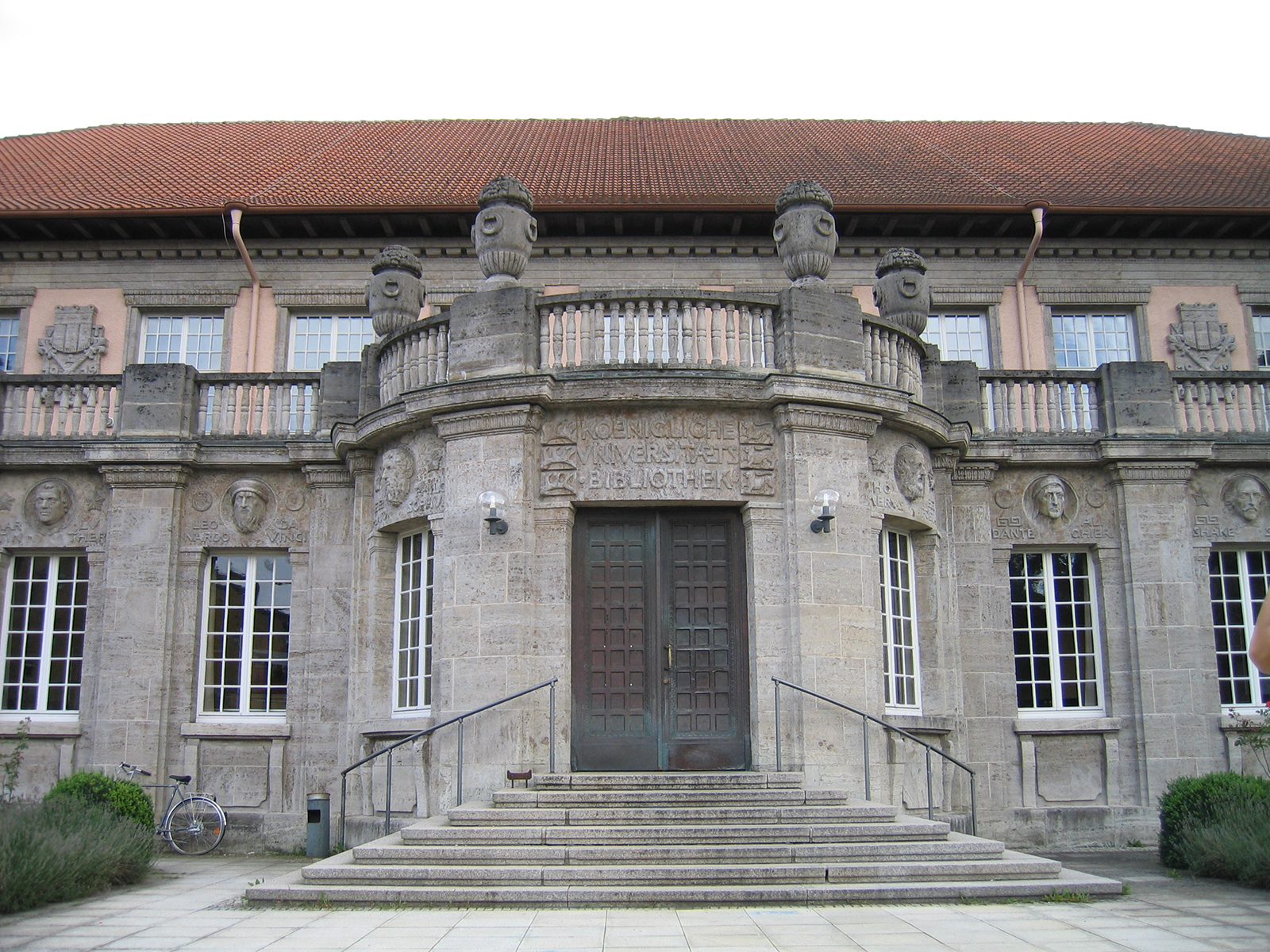University of Tübingen: Two million euros annually for brain research
Twenty years after its founding, the Hertie Institute for Clinical Brain Research (HIH) receives ongoing annual funding of two million euros from the state of Baden-Württemberg. The continuation of state funding and further support from the non-profit Hertie Foundation allow the institute to implement the future plan “HIH 2030”. In accordance with its mission of providing cutting-edge research and optimal patient care for the benefit of patients and society, the HIH is now planning to further develop its research structures. Nationwide, it is considered a pioneer of successfully practiced translation in neuromedicine. The HIH celebrated its 20th anniversary on Wednesday, May 4, 2022, with a ceremony in the presence of Science Minister Theresia Bauer.
“For 20 years, the employees of the Hertie Institute for Brain Research have been doing excellent work in cutting-edge research and have made a significant contribution to the institute’s excellent reputation in the field of neuroscience. The institute makes a decisive contribution to research excellence in Baden-Württemberg. So that this can also be secured in the future, the state will be involved in the permanent financing from this year onwards,” said Minister Bauer during the event in the new auditorium of the University of Tübingen.
“Of course we are very pleased about the inclusion in the state budget,” explains Professor Dr. Thomas Gasser, CEO of the Center for Neurology. “Now we can strategically expand our systematic approach to translational research and care and thus continue to meet the challenges of clinical brain research in the future for the benefit of patients.”
The HIH was founded in 2001 by the non-profit Hertie Foundation, the state of Baden-Württemberg, the Eberhard Karls University and its medical faculty, and the University Hospital in Tübingen. Together with the neurological university clinic in Tübingen, it forms the center for neurology. This structural link enables scientific findings to be quickly transferred into clinical practice and patients to benefit directly from new research results.
In the future, the center will dedicate itself even more to the development of strategies for the early detection, prevention and rehabilitation of neurological diseases and will concentrate on two future fields in the expansion of its research and care spectrum: on system-based neuromedicine and on personalized neuromedicine based on the individual causes of the disease Medicine. New working groups and structures will be set up for this purpose.
In personalized medicine, the cause of the disease of the affected person is treated in a targeted and individual manner. This can be, for example, a rare genetic defect that leads to the disease. System-based neuromedicine, on the other hand, aims to treat the diseased brain or nervous system as a whole, for example with the help of innovative neuroprostheses. In addition to strengthening these two methodological future fields, the institute will also advance digitization and integrate methods of machine learning and artificial intelligence.
“In its further development, the Center for Neurology can build on its many years of outstanding expertise in clinical neurosciences,” says Professor Dr. Bernd Pichler, Dean of the Medical Faculty in Tübingen. “The HIH success model has made a significant contribution to the fact that the Tübingen site has developed into a beacon of neurological research with an international reputation.”
On Wednesday, May 4th, 2022, the HIH celebrated its 20th anniversary with a ceremony in the new auditorium of the University of Tübingen. The attendance ceremony had been moved from 2021 to this spring due to the pandemic. In addition to representatives from politics and science, Frank Elstner was a prominent guest at the event. The well-known TV presenter reported in dialogue with the Chairman of the Board, Professor Dr. Thomas Gasser on his experiences with Parkinson’s.
“I was one of 400,000 people suffering from Parkinson’s disease in Germany. It was actually a coincidence that I got the disease; we don’t even know exactly where it comes from,” says Elstner, who received the diagnosis in 2015. “With targeted physiotherapy, an appropriate diet, the right medication and the right attitude towards the disease, you can do a lot yourself to alleviate the symptoms. But I know how important research is. If we invest enough in what we don’t know about Parkinson’s over the next few years, maybe one day this disease will be curable.”
“The future of medicine lies in personalized therapies that address the individual cause of the disease. In addition, in our aging society, the step from curative to preventive medicine is of great importance,” adds neurologist Gasser. “People are best helped if they don’t get sick in the first place. The course for this is now being set.”

